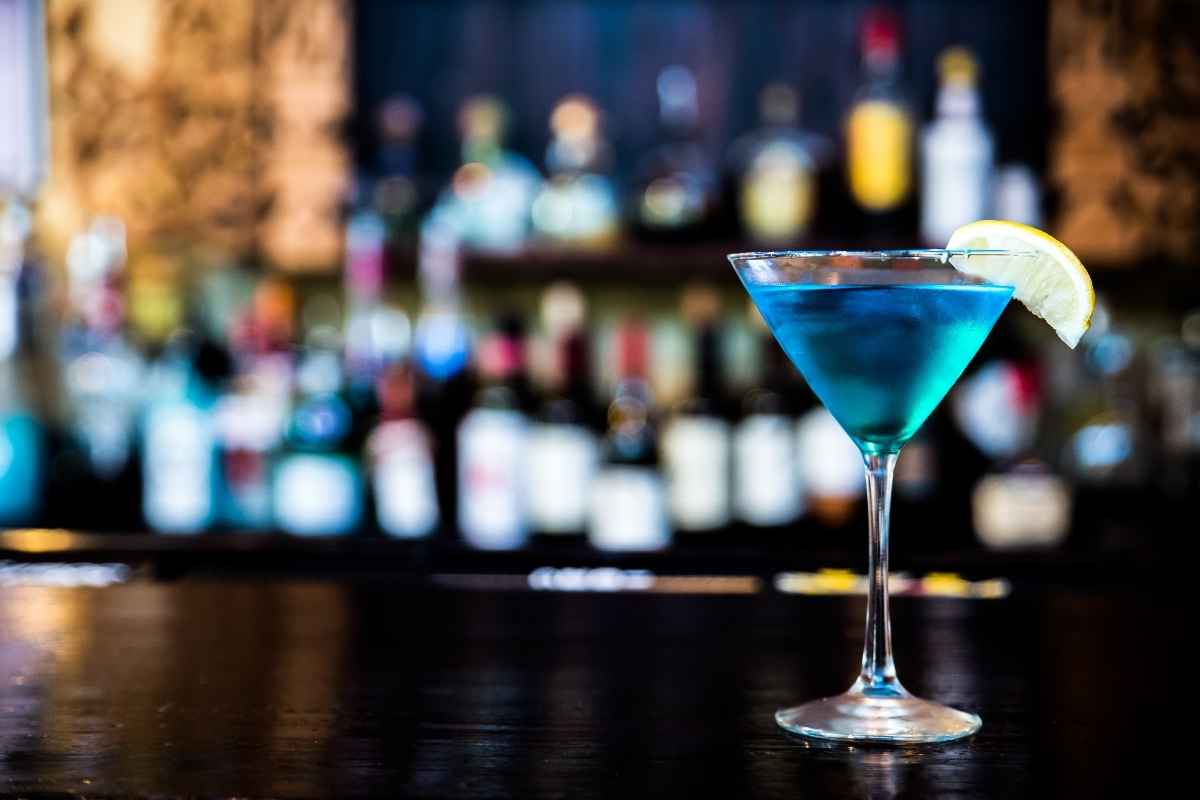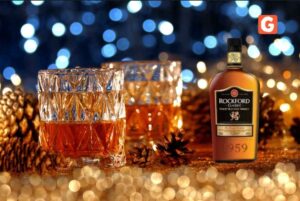Scotch vs Whiskey: Whiskey, one of the world’s most cherished spirits, has captivated connoisseurs for centuries. With its rich history, diverse varieties, and global appeal, whiskey represents tradition, craftsmanship, and complexity. One particular category that stands tall in the whiskey family is Scotch, a beloved drink synonymous with Scotland and renowned for its unique qualities. This blog will explore everything you need to know about Scotch and whiskey, their differences, origins, production processes, and how to best enjoy these timeless spirits.
Scotch vs Whiskey
What is Whiskey?
Whiskey (or whisky, depending on the region) is a distilled alcoholic beverage made from fermented grains like barley, corn, rye, or wheat. It is aged in wooden casks, typically oak, which gives it its signature flavor and aroma.
Whiskey is not just a drink; it is an experience shaped by history, geography, and craftsmanship. The term “whiskey” originates from the Gaelic word “uisce beatha” (pronounced ish-ka ba-ha), which means “water of life.” This perfectly describes the essence of whiskey as a symbol of warmth, celebration, and tradition.
The Origins of Whiskey
Whiskey’s roots trace back to ancient civilizations, with distillation techniques being refined over the centuries. The origins of whiskey as we know it today are often debated, but it is generally accepted that monks in Ireland and Scotland began distilling whiskey during the early medieval period.
- Irish Whiskey: Thought to have been distilled as early as the 6th century, Irish whiskey boasts a smooth and light flavor profile.
- Scottish Whisky (Scotch): Scottish monks adopted distillation techniques by the 15th century, creating what we now recognize as Scotch whisky.
From these origins, whiskey spread globally, with unique styles emerging in regions like the United States, Canada, and Japan.
What is Scotch?
Scotch whisky, or simply “Scotch,” is whiskey that is made specifically in Scotland and adheres to strict production rules laid out by Scottish law. It is known for its smoky, peaty flavors, though different regions in Scotland produce various styles of Scotch.
Rules for Scotch Production:
To qualify as Scotch, the spirit must:
- Be produced and aged in Scotland.
- Be made from malted barley, water, and yeast.
- Be aged for at least 3 years in oak casks.
- Contain no additives other than water or caramel coloring.
- Have a minimum alcohol content of 40% ABV (alcohol by volume).
Scotch is revered worldwide for its depth of flavor and the care that goes into its production, making it a favorite among whiskey enthusiasts.
Types of Whiskey: Global Varieties
There are several types of whiskey based on their origin and production processes. Here are the most notable ones:
1. Scotch Whisky (Scotland)
- Single Malt: Made from malted barley at a single distillery.
- Blended Malt: A blend of single malts from different distilleries.
- Grain Whisky: Made from grains like wheat, corn, or rye.
- Blended Scotch: A mix of malt and grain whiskies.
2. Irish Whiskey (Ireland)
- Known for its smooth and mellow flavor.
- Often triple-distilled for extra smoothness.
3. Bourbon (USA)
- Primarily made from corn (at least 51%).
- Aged in new charred oak barrels, giving it a sweet, caramelized flavor.
- Produced mostly in Kentucky.
4. Tennessee Whiskey (USA)
- Similar to bourbon but goes through a charcoal filtering process (known as the Lincoln County Process).
- Example: Jack Daniel’s.
5. Canadian Whisky (Canada)
- Often lighter and smoother.
- Frequently made from a blend of grains, including rye.
6. Japanese Whisky (Japan)
- Inspired by Scotch, Japanese whisky has gained global recognition for its delicate, precise flavors and artistry in production.
The Production Process of Whiskey
The production of whiskey, including Scotch, is a meticulous process that involves multiple stages:
- Malting: Grains (usually barley) are soaked, germinated, and dried in kilns. Peat smoke is sometimes used for drying, especially in Scotland, to impart a smoky flavor.
- Mashing: The malted grains are mixed with hot water to release sugars, creating a sugary liquid known as “wort.”
- Fermentation: Yeast is added to the wort, converting sugars into alcohol and producing a liquid called “wash.”
- Distillation: The wash is distilled in copper pot stills or column stills to separate alcohol from impurities.
- Aging: The spirit is transferred to oak barrels, where it matures for several years. This step is crucial for developing flavor and complexity.
- Bottling: After aging, the whiskey is often diluted to the desired alcohol level and bottled.
The Difference Between Whiskey and Scotch
While all Scotch is whiskey, not all whiskey is Scotch. Here are the key differences:
| Aspect | Whiskey | Scotch |
|---|---|---|
| Origin | Global (Ireland, USA, Japan, etc.) | Scotland |
| Ingredients | Varied grains (corn, rye, wheat, barley) | Primarily malted barley |
| Distillation | Methods vary by region | Typically distilled twice |
| Aging Process | Varies (new or used barrels) | Aged at least 3 years in oak barrels |
| Flavor | Depends on style and region | Smoky, peaty, and complex |
How to Enjoy Whiskey and Scotch
The beauty of whiskey lies in its versatility. Here are some tips on how to best enjoy these spirits:
- Neat: Drink whiskey or Scotch at room temperature without any additives to experience its full flavor.
- On the Rocks: Add a few ice cubes to mellow the drink.
- With Water: Adding a splash of water can open up subtle flavors.
- Whiskey Cocktails: Whiskey works beautifully in cocktails like the Old Fashioned, Manhattan, or Whiskey Sour.
- Tasting: When sipping whiskey or Scotch, take small sips, allowing the liquid to linger on your palate to detect its complex notes.
Famous Scotch Brands to Try
If you are new to Scotch or looking to expand your palate, here are some iconic Scotch whisky brands:
- Glenfiddich (Single Malt)
- The Macallan (Single Malt)
- Lagavulin (Known for smoky, peaty flavors)
- Johnnie Walker (Blended Scotch)
- Laphroaig (Intense, smoky Single Malt)
Scotch and whiskey are more than just spirits; they are symbols of tradition, craftsmanship, and culture. Whether you are savoring the smoky complexity of a fine Scotch or enjoying the sweet warmth of a bourbon, each sip tells a story of dedication and heritage. Understanding the nuances between Scotch and whiskey enhances your appreciation and allows you to explore this timeless world with confidence.
So pour yourself a glass, raise a toast, and enjoy the water of life responsibly. Cheers!
Did You Know?
- The most expensive bottle of whiskey ever sold was the Macallan Fine and Rare 1926, which fetched $1.9 million at auction in 2019!
Share your thoughts: What’s your favorite whiskey or Scotch, and how do you enjoy it?











Add comment